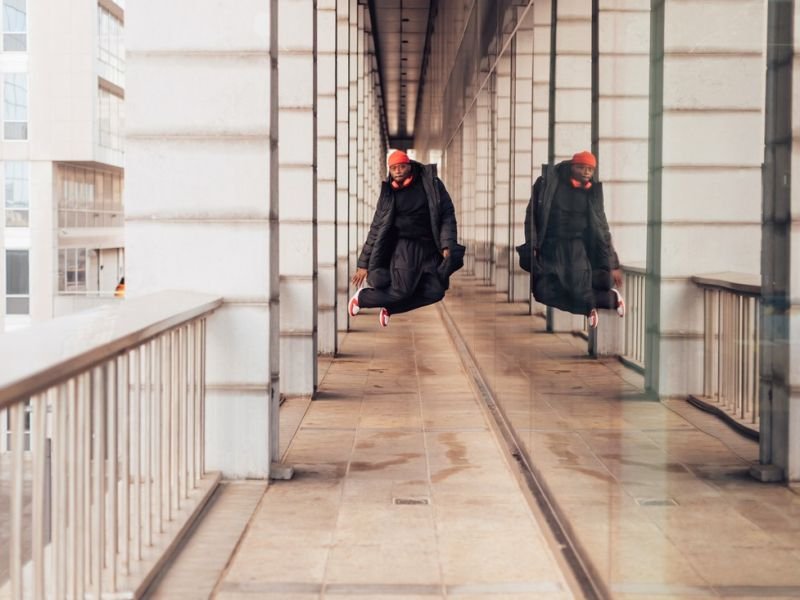The History of African Dance

African dance has a rich and diverse history, deeply rooted in the cultures and traditions of the continent. It is believed to be one of the oldest forms of artistic expression in Africa, with evidence of dance rituals dating back thousands of years. Throughout history, African dance has played a significant role in social, religious, and cultural ceremonies.
Traditional African dances vary greatly across different ethnic groups and regions. Each dance has its unique movements, rhythms, and costumes, representing the traditions and beliefs of the community. These dances often tell stories, celebrate harvests, honor ancestors, and mark important life events.
With the transatlantic slave trade and the resulting African diaspora, African dance also influenced the development of various dance forms in the Americas, such as the dances of the African diaspora in the Caribbean and Latin America.
Contemporary African Dance Styles
Modern African dance styles have evolved from traditional forms while incorporating contemporary elements. These styles often fuse African dance movements with other dance techniques, such as Jamaican dancehall, house, and heels techniques. This fusion creates a unique and vibrant blend of dance styles.
One notable innovator in contemporary African dance is Nneka, who has created her own style of dance called Afro Beastilettos. She merges various African dance styles with other dance forms, adding her personal flair and branding to create a distinct and recognizable dance style.
African Dance Workshops
African Dance Workshops provide an opportunity for individuals to learn and explore African dance styles. Skilled instructors share their expertise, teaching participants the fundamentals of African dance techniques, movements, and rhythms. These workshops allow participants to improve their dance skills, gain a deeper understanding of African culture, and connect with others who share a passion for dance.
African Dance Festivals
African Dance Festivals are vibrant and colorful celebrations of African dance and culture. Dancers from different countries come together to showcase their talent, exchange ideas, and celebrate their shared passion for dance. These festivals often feature performances, workshops, competitions, and cultural exhibitions. They provide a platform for artists to showcase their skills and for audiences to immerse themselves in the richness and diversity of African dance.
African Dance Music
African Dance Music plays a crucial role in creating the atmosphere and expressing emotions during dance performances. The rhythmic beats, traditional instruments, and vocal chants accompany and enhance the dance movements. The music often reflects the cultural heritage of the specific dance style and creates a harmonious and immersive experience for both dancers and audiences.
African Dance Costumes
African Dance Costumes are a visual representation of cultural identities and play a significant role in enhancing the overall dance experience. These costumes are often colorful, vibrant, and intricately designed, reflecting the traditions and customs of the specific dance style and ethnicity. The costumes add to the visual spectacle of the dance, amplifying the energy, and providing a visual storytelling element.
Dance Competitions – competes.tv offers a platform for dancers to showcase their talent, engage with a wider audience, and build their fanbase. They celebrate the beauty and significance of African dance through their African Dance Classes, African Dance Workshops, and participation in African Dance Festivals. With a focus on traditional and contemporary African dance styles, competes.tv promotes the exploration and appreciation of African culture and its expression through dance.
For more information about African Dance, visit the Dance Competitions – competes.tv website.